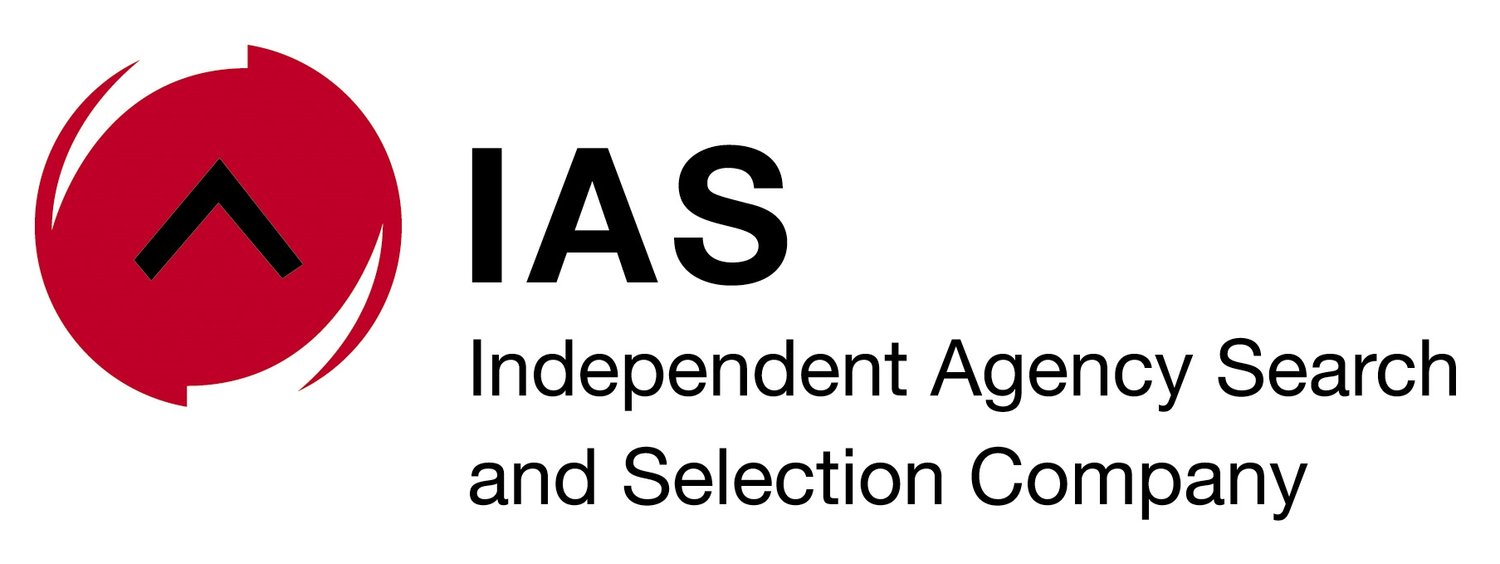Scopen has concluded the fourth edition of its Agency Scope study in Chile and found that digital investments continue to grow, with marketers in Chile currently dedicating an average of 2.6% of their turnover (sales) to their communication / marketing / advertising budget, in line with the global average.
This figure is closer to the investment in mature markets than it is to investment in emerging markets (where it is closer to 5%). When marketing managers explain the distribution of their budget among the different disciplines, they talk about ATL (37%), BTL (14.5%) and digital (48.5%).
Digital has tripled its figure in the last nine years (2014=14.9%, 2023=48.5%), growing, especially, in the last three years, during which agencies have strengthened their teams and capabilities.
Among the countries in which this research is carried out, Chile is the third market with the largest marketing-communication-advertising budget allocated to digital.
This ranking is led by China where 50% of the budget is allocated to actions with a digital component. Of the different digital specialties, slightly more than half of the budget is invested in paid media (28%) and social media (26%). Chile still invests less in social media than other markets and the investment in e-commerce and marketplaces is still very much in its infancy.
Key findngs
An average of six agency partners to solve the marketing-communication-advertising needs
Each marketing manager in Chile works, on average, with just over six agency partners that solve their Marketing-Communication-Advertising needs: advertising agencies (2.5), BTL agencies (1.2), media agencies (1.0), digital agencies (0.9), PR agencies (0.6) and marketing consultants divisions (0.2).
Greater desire to work with integrated agencies in the future
53% of marketers interviewed work with specialised agencies in different disciplines (advertising, BTL and digital), while 38.2% work with integrated agencies (which solves multiple needs under just one roof).
The remaining 7.9% state that they work with both types of agencies.In Chile, the relationship model they want in the future does not coincide with the current reality, since advertisers’ desire to work with an integrated agency is larger (55%).
At an international level, we observe a group of countries with a greater desire to work with an integrated agency in the future (Argentina, Brazil, Chile, Mexico, Portugal and South Africa) and another, in which the desire to work with specialised agencies is higher. (Colombia, Spain, UK, China and India).
The latter are complex markets, in which specialisation is justified, mainly, by the need to have a greater number of different specialists: digital, data, or technology companies.
Long relationships between advertisers and agencies
The average length of an advertiser's relationship with their creative agencies is 5.3 years, a figure above the world average (4.4 years). Among the rest of countries analysed, we find Portugal to be the market where relationships are longest (6.4 years on average) and China to be the country in which the advertiser-creative agency relationships are shortest (3.1 years).
In the case of media agencies, the average duration of the relationship is slightly higher - 5.4 years.Chilean advertisers build longer relationships than in other markets, and data indicates that long-term relationships produce better results.
Worldwide, Chile is the country with the highest number of continuous relationships over time (90%), a figure similar to that registered in 2019 (88%).
Only 10% of those interviewed state that they work by project (12% in 2019), a figure that has fallen because of the pandemic. In contrast, China is the market where there is a greater number of advertisers who work with their agencies by project - 51% (47% in the previous edition).
Advertisers solve fewer needs internally
When asking marketing managers about the communication, marketing and advertising needs that they solve internally, they state that they do so to a lesser extent than they did in the past. Mostly, they trust their agencies to solve their needs and only 13% say they solve some of their needs 'only internally'.
The five disciplines that marketing managers consider key are, in this order:
Strategic planning
Creativity
Digital strategy
Media planning
Research
These would be the ones that currently have the greatest impact on their business and in which they seek the support of external collaborators.
In Chile, the option of having a lead agency is not perceived as necessary. Taking into account that, here, a typical advertiser works with almost six agents (well below the world average - 13.9 agents), the help of a lead agency to coordinate all agents they collaborate with is not as necessary as it is in other markets.
However, it is important to highlight that media agencies are improving their positions as lead agencies (six media agencies appear in the top 18), demonstrating that they also have sufficient capacity to accompany their clients´ Marketing-Communication-Advertising teams, as relationship leaders.
You may also be interested in SCOPEN: DIGITAL MARKETING IN BRAZIL GETS THE CHUNK OF THE BUDGET






